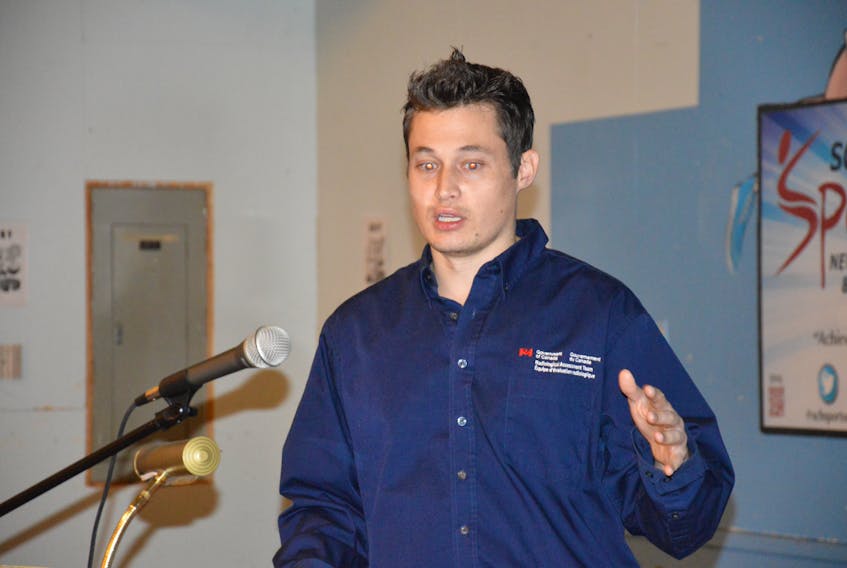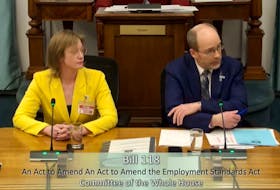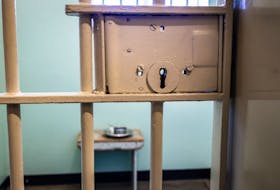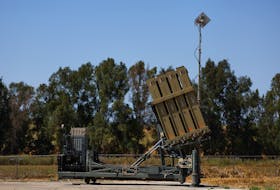ST. LAWRENCE, NL — A dozen public buildings in this Burin Peninsula town have tested high for radon gas.
The results of testing carried out this past January were revealed at a public meeting in the town on Nov. 22.
Lance Richardson-Prager, a scientist with Health Canada whose specialty is radiation, said of the 12 public facilities tested, four contained areas where radon exceeded safe levels.
Radon is a naturally-occurring radioactive gas that exists everywhere, Prager explained during the meeting.
“It’s . . . in every person’s home – every building, outside, inside. The issue is when concentrations of it are elevated for an extended period.”
One of the health risks associated with long-term exposure to radon is lung cancer. According to statistics found on Health Canada’s web site, 16 per cent of lung cancer deaths are attributed to radon exposure.
According to the site, radon gas and radon progeny in the air can be breathed into the lungs, where they break down further and emit “alpha particles.”
These particles release small bursts of energy that are absorbed by nearby lung tissue, resulting in lung cell death or damage.
The tests carried out in January identified St. Lawrence Academy, the town hall, the US Memorial Health Care Centre and the recreation centre as having levels higher than 200 becquerels per cubic meter (Bq/m3). One Bq corresponds to one disintegration per second.
During the meeting, it was revealed that all levels of the school — from the basement to the third floor — tested high for radon, with levels ranging from 120 to 1,121Bq/m3.
The area with the highest level was an office in the family resource centre, which came in with a reading of 1,121Bq/m3.
Council concerned
St. Lawrence mayor Paul Pike told the Southern Gazette the results are concerning.
“We didn’t think the radon levels would be so high in those buildings, but we know that remediation has to take place immediately,” he said. “We already know the school levels have been brought down by turning the ventilation system on – it hasn’t been turned on in this school for years, but it is on now and radon levels have gone down significantly.”
Pike added steps are being taken to reduce radon levels at the hospital, as well as the town hall and recreation centre.
“We’re looking at doing something with those as well fairly soon.”
Pike said while some of the public buildings did have elevated levels, testing in private homes detected radon in only a small number.
As part of the test, residents were able to test the radon levels in their homes using kits provided by Health Canada.
Out of 168 homes tested over a six-month period, only 18 had levels ranging from 216-1,253 Bq/m3.
One resident, who preferred not to be identified, told the Gazette the levels in his home were high and he was considering solutions to help reduce them.
Mitigation training
Pike said the town is in the process of training someone in the community as a radon mitigation worker.
“We are looking for a plumber or a carpenter in town that we can train who will work with people in the community with high levels (of radon in their home) to mitigate those levels,” he said. “The town will pay for the course and that person will become the town expert on mitigation of high radon levels.”
He also said the town is considering purchasing real-time radon testers. Unlike testing conducted over a period of months, a real-time tester can give current levels in a building or home.









